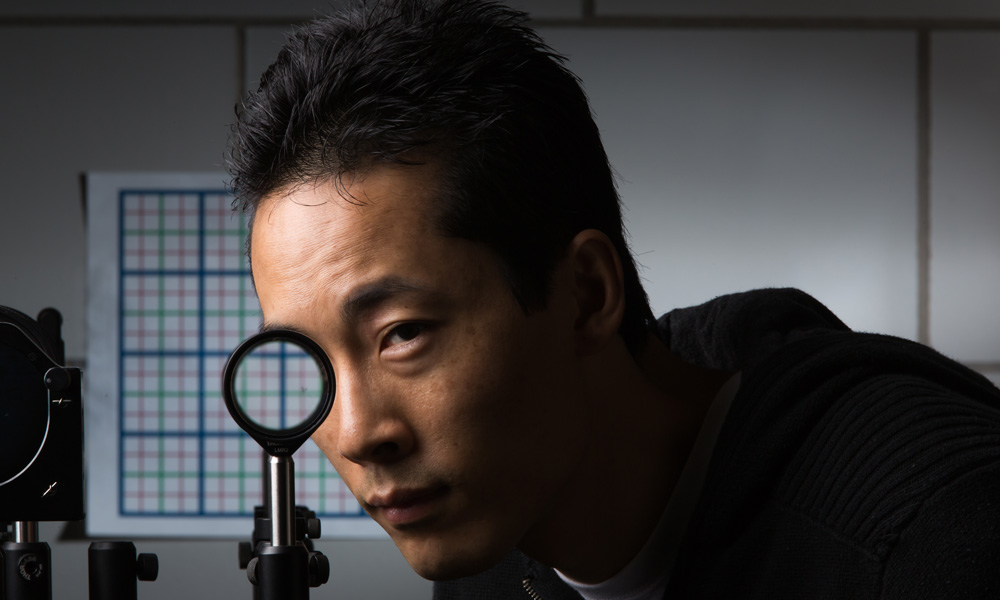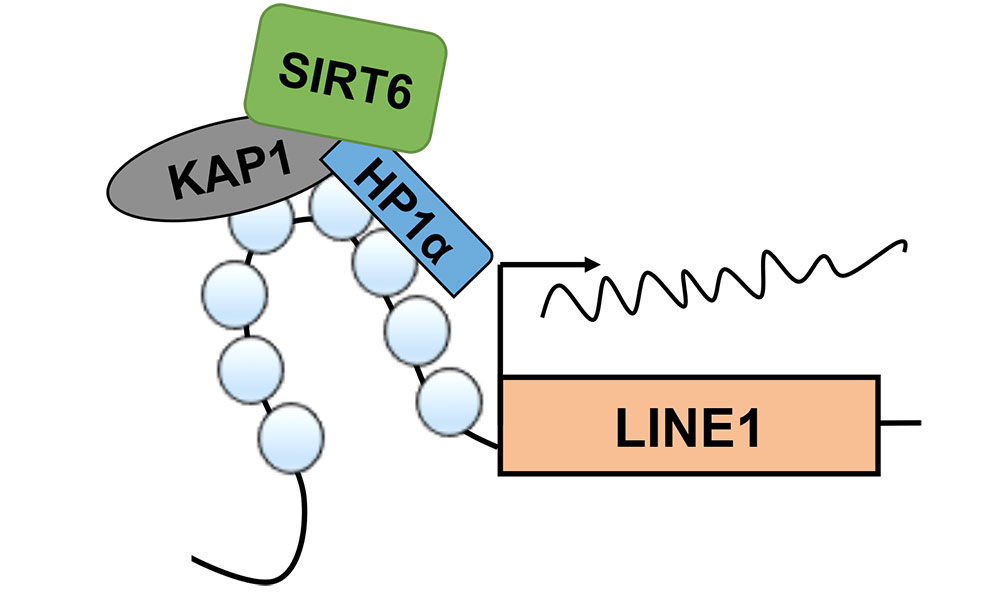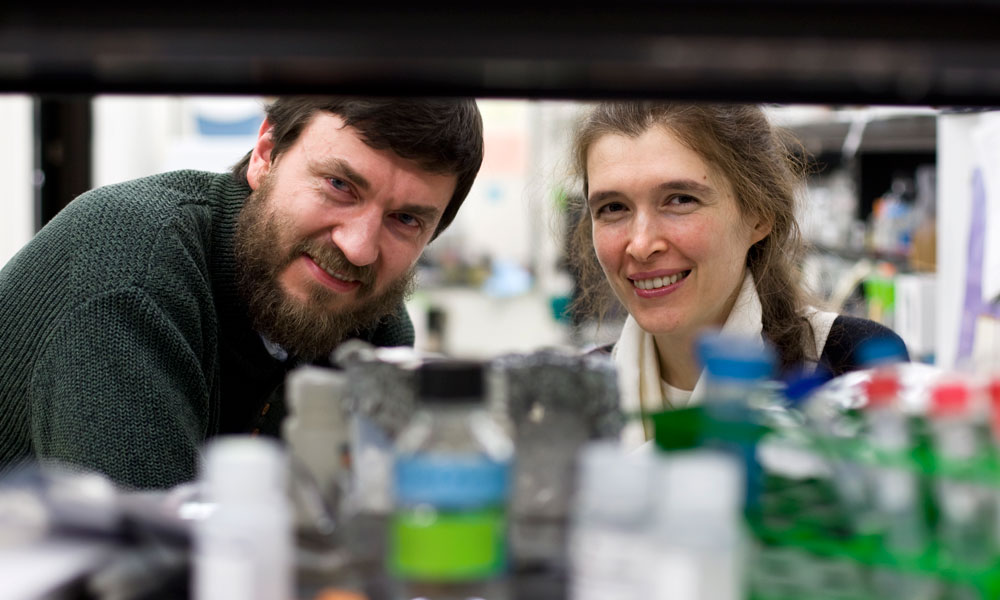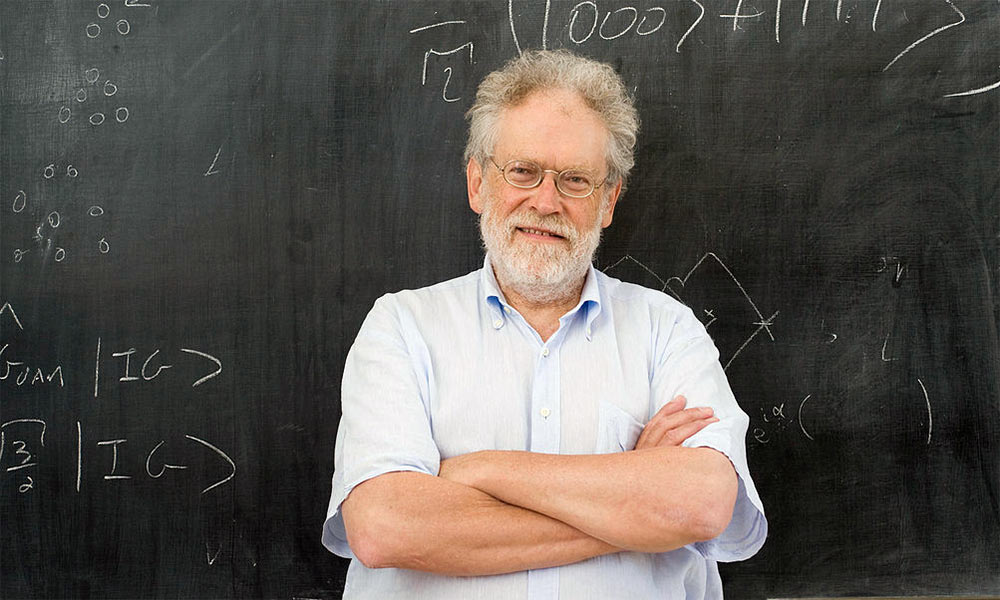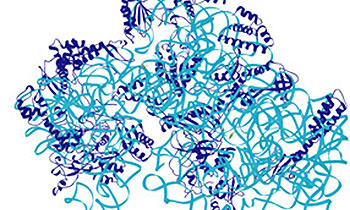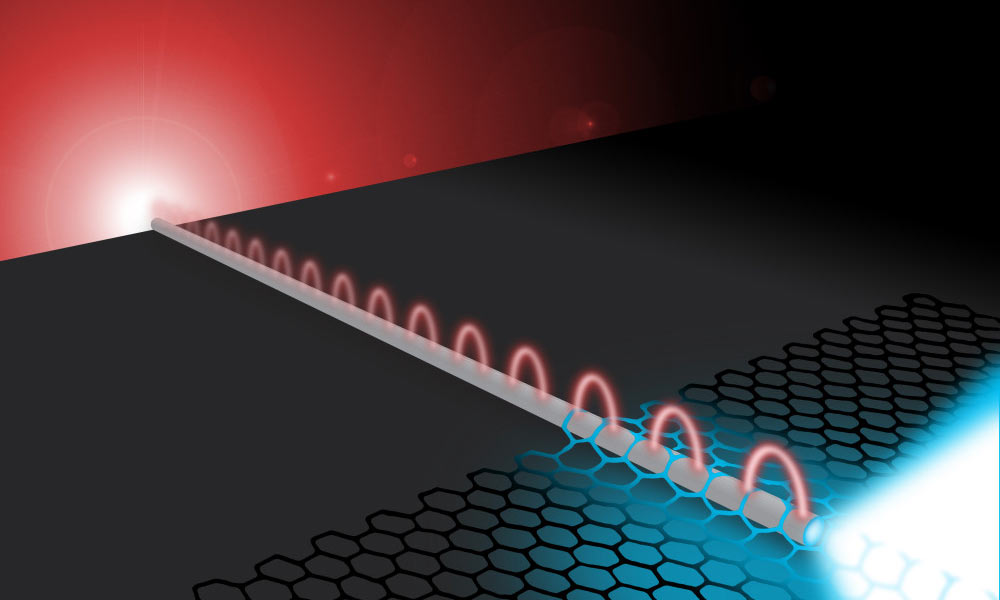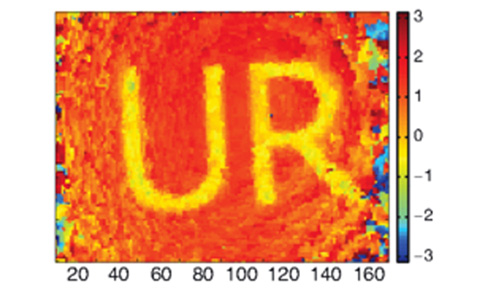
Science & Technology
Ebola Q&A: Rochester researchers share their views
October 3, 2014
Given the widespread attention regarding the current Ebola outbreak in West Africa, four Medical Center faculty with expertise in viral infections field questions about the outbreak, the nature of pandemics, vaccines, and what a U.S. outbreak might look like.


